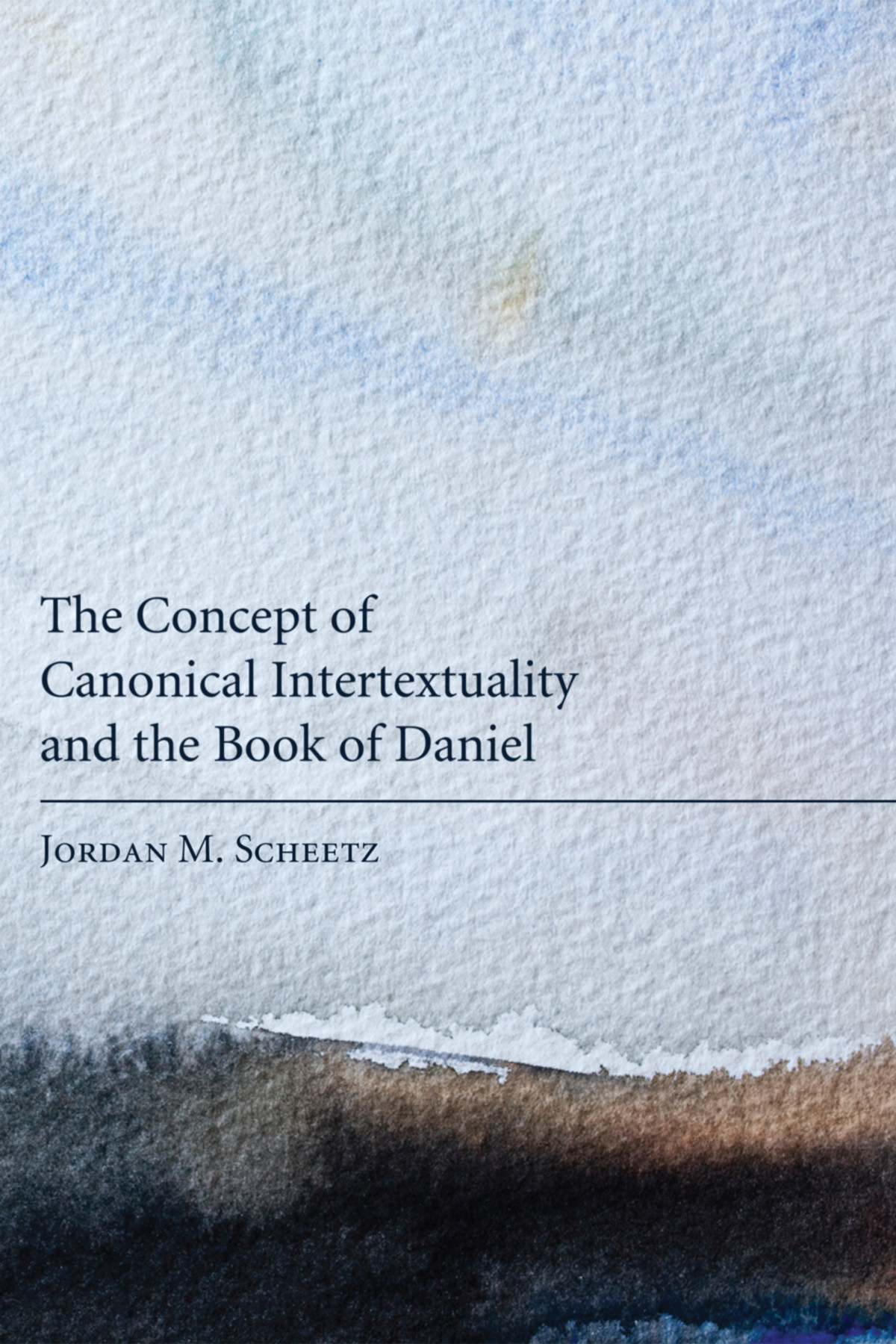

Most ebook files are in PDF format, so you can easily read them using various software such as Foxit Reader or directly on the Google Chrome browser.
Some ebook files are released by publishers in other formats such as .awz, .mobi, .epub, .fb2, etc. You may need to install specific software to read these formats on mobile/PC, such as Calibre.
Please read the tutorial at this link: https://ebookbell.com/faq
We offer FREE conversion to the popular formats you request; however, this may take some time. Therefore, right after payment, please email us, and we will try to provide the service as quickly as possible.
For some exceptional file formats or broken links (if any), please refrain from opening any disputes. Instead, email us first, and we will try to assist within a maximum of 6 hours.
EbookBell Team

4.7
16 reviewsThe Concept of Canonical Intertextuality and the Book of Daniel is an attempt to bring clarity to the concepts of intertextuality and canon criticism in the field of biblical studies. This volume combines an examination of the theories of intertextuality (Julia Kristeva), canon criticism (Brevard Childs and James Sanders), inner-biblical exegesis (Michael Fishbane), intratextuality (George Lindbeck), and kanonische intertextuelle Lektre (Georg Steins) with an inductive study of the Masoretic Text of Daniel, of its concrete relationship with other texts in the Hebrew Bible, and finally of quotations in the Greek text of the New Testament. The Masoretic Text of Daniel serves as an excellent testing ground through its multilingual character (Hebrew and Aramaic), through its differing placement in various biblical canons, and through its clear quotation in a limited number of New Testament texts. The end result of this study is a theory of canonical intertextuality unique in its definition in relation to the theories investigated, as well as in its application to an entire biblical book and to other texts in the Old and New Testaments.